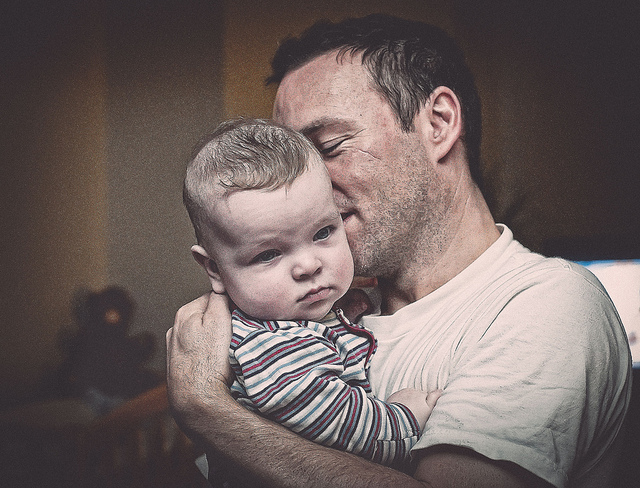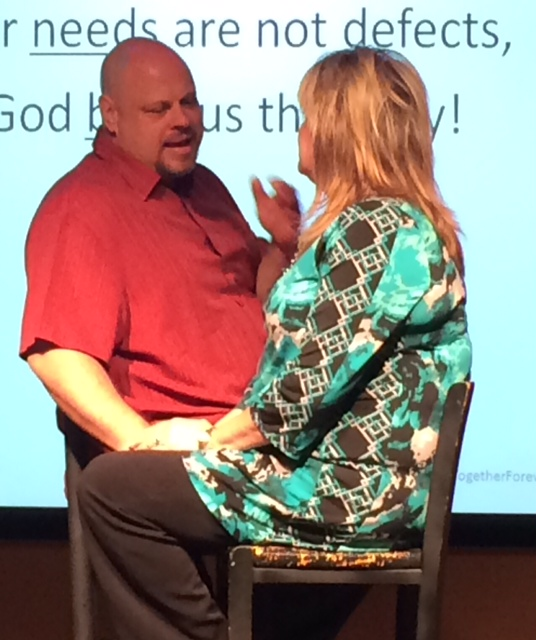Father absence is at epidemic status in the United States today. Yet, science has been unable to produce a single child without one. In fact, 100% of children have a father. Some are deceased, incarcerated, pushed away or errantly absent, but everyone has a father… it’s the only way children are made.

For decades, research focused on why mothers are central to children. It is a no-brainer that moms play a critical role in parenting and child development. Sometimes single moms tell us that they are “the mother and the father.” They may be doing double duty, but mom cannot replace dad. In the past few decades research has revealed that “father need” is as central to children as “mother need.”





